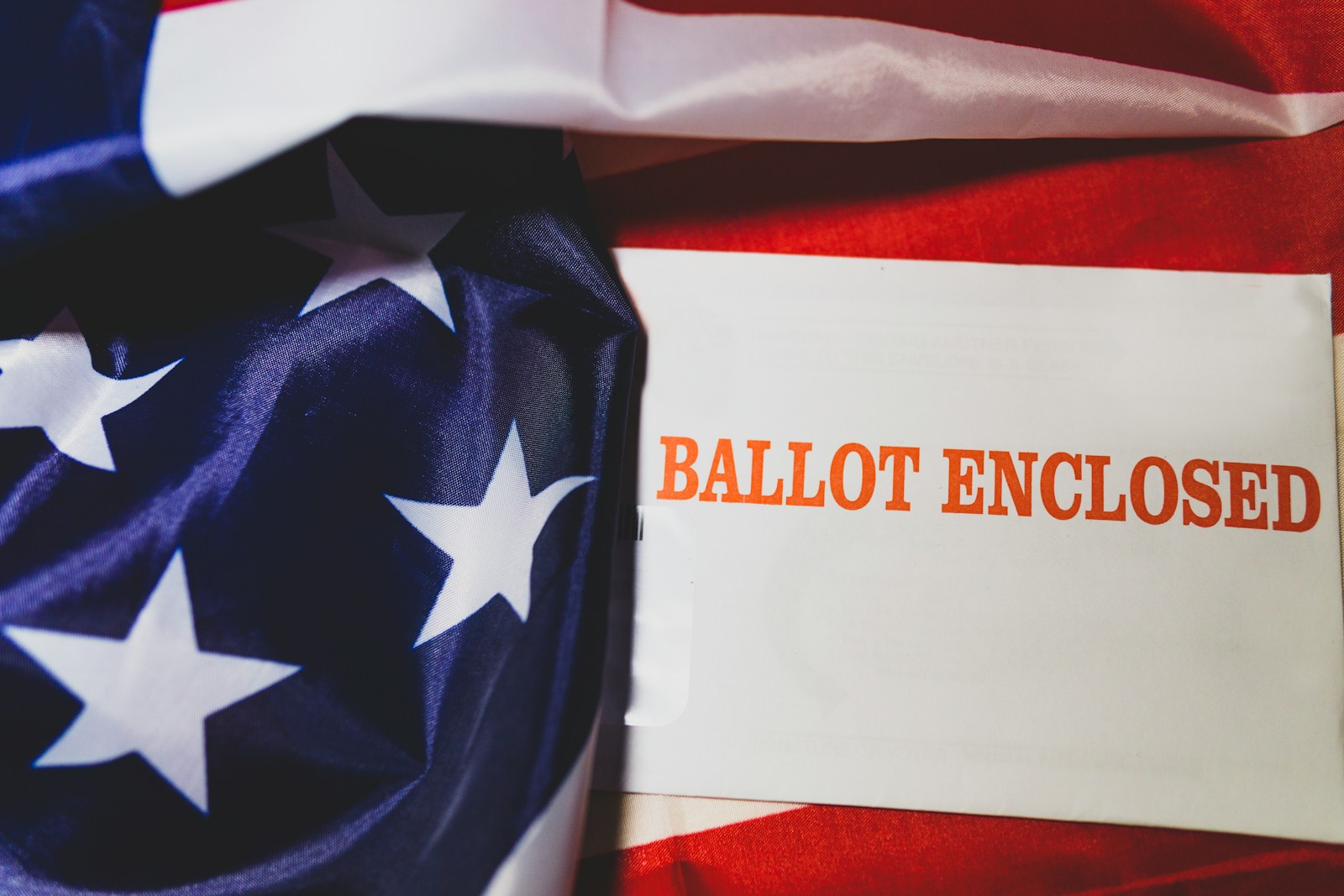Key Takeaways:
- Ballot numbers require time-consuming redaction, delaying public records access.
- Clerks argue the numbers are obsolete and pose security risks.
- Legislative efforts to repeal the law have stalled despite bipartisan support.
- The practice was initially meant to allow voters to spoil their ballots but is no longer necessary.
An Outdated Security Measure
In Wisconsin’s Rock County, Clerk Lisa Tollefson faces a tedious task. Each time a public-records request for ballot images is made, she must redact unique identifying numbers. This process isn’t just time-consuming; it’s also a security risk. Tollefson and other clerks are speaking out, hoping to change this outdated law.
The numbers were once useful, allowing voters to void their absentee ballots and cast new ones. However, courts have blocked this practice, making the numbers obsolete. Now, if a voter tries to cast an in-person ballot after voting absentee, they’re flagged and turned away. The numbers no longer serve a purpose but still pose a risk, as they could potentially link ballots to voters.
The Law’s Challenged Past
The law requiring these numbers was intended to help voters correct mistakes. But with changes in election rules, this solution is no longer needed. Despite this, the law remains, creating unnecessary work for clerks. Tollefson explains that without redaction, requests could be fulfilled quickly. Instead, her team spends valuable time on this task, often taking months.
A Heavy Workload and Unnecessary Risk
Rock County isn’t alone in this struggle. Clerks across Wisconsin face similar challenges. The redaction process isn’t just time-consuming; it’s also costly. During a recent recount, the county spent $27,000 on redactions, covered by the Trump campaign. This financial burden highlights the urgent need for change.
Clerks support repealing the law, emphasizing that it creates an unnecessary security risk without providing any current benefit. While there’s no evidence of misuse, the risk remains, and the effort to maintain this outdated practice is significant.
Bipartisan Efforts for Change
The push to repeal the law isn’t new. Past legislative sessions have seen attempts, but progress is slow. Republican Representative Scott Krug plans to revive the proposal, hoping for bipartisan support. Previous efforts had backing from both parties, showing that this issue transcends political lines.
However, awareness remains a challenge. Many legislators are unaware of the law’s details, which can hinder progress. Educating policymakers is crucial for moving forward.
Looking Ahead to Future Elections
With key elections approaching in 2026, including a Supreme Court election and legislative races, the need for change is urgent. Clerks hope the legislature will act soon to prevent further unnecessary workload and security risks.
Conclusion
The current law requiring ballot numbers is a relic of the past, creating more problems than solutions. Clerks like Tollefson are urging lawmakers to repeal it, aiming for a more efficient and secure election process. As Wisconsin moves toward future elections, the focus should be on modernizing practices to ensure integrity and accessibility. With bipartisan support and growing awareness, there’s hope for meaningful change soon.
